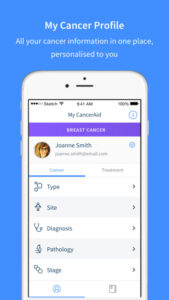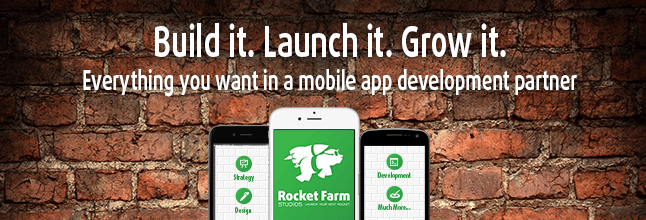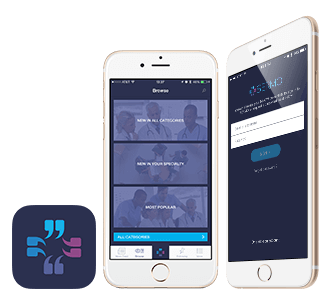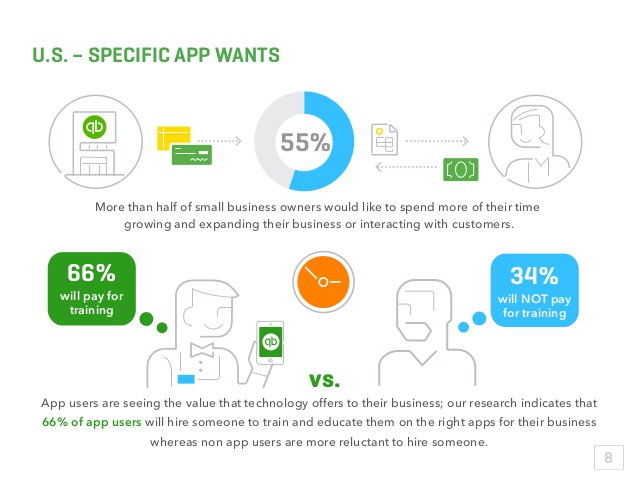So, when’s the last time you launched that step-tracker app on your smartphone? Sure, Google Fit has over 10 million downloads, but these ubiquitous health apps are like that treadmill you bought in 2006: mostly for show. Ok, maybe I’m projecting here.
Health apps are indeed popular downloads with over 165,000 available for iOS and Android as of last year. And according to a NYU Langone Medical Center survey in 2015, 58% of smartphone users have downloaded a health-related app. Surprisingly, of those that downloaded a health app, 65% reported opening it at least once a day. Impressive! But this is just the beginning. Here are 3 reasons why the mobile market should start taking health apps seriously.
1. Health apps are getting specific.
 Self-advocacy in healthcare has always been important and people with similar ailments have always banded together for support and advice. Today, many health apps are not only making this easier, but also providing an accurate way of collecting important information. One example is CancerAid, which allows cancer patients to track symptoms, manage medications, track effectiveness of treatment, connect with others, and best of all, provide valuable data to their physicians.
Self-advocacy in healthcare has always been important and people with similar ailments have always banded together for support and advice. Today, many health apps are not only making this easier, but also providing an accurate way of collecting important information. One example is CancerAid, which allows cancer patients to track symptoms, manage medications, track effectiveness of treatment, connect with others, and best of all, provide valuable data to their physicians.
On the other side of the coin, some health apps cater specifically to doctors and physicians. SERMO, the leading social network for doctors, has created an app to facilitate research, collaboration, and consultation. Another example is Epocrates, a popular reference app that aids doctors in prescribing the right drugs to their patients.
Health apps that cater to a niche group and provide a real service will quickly become indispensable. As the market matures, we expect to see the rise of apps built around the needs of those that suffer from, and those that treat, specific ailments.
2. The FDA is getting involved.
It’s important that mobile leaders like Apple are trying to make sure that the health apps available to the public aren’t terrible. It’s not like a typo in Pokémon Go; a bad health app has the potential to cause real harm to people. So it’s great to see that not only is Apple providing the means to create great healthcare apps, it’s also monitoring the quality of apps that “could provide inaccurate data or information, or that could be used for diagnosing or treating patients.”
But more importantly, the US Food and Drug Administration (FDA) is taking more responsibility by setting guidelines for Mobile Medical Applications (MMAs). In fact, the FDA has published a list of examples of MMAs that it will regulate. Basically, if an app allows a mobile device to perform medical device functions, the FDA wants to make sure it’s safe to use.
The FDA isn’t perfect, but this is a big step in legitimizing the growing health app industry. Not only will apps be held to a higher standard, users will know that there’s a safety net built in. We wouldn’t be surprised if there is eventually an “FDA Seal of Approval” for the best health apps. Can’t get more official than that.
3. Baby Boomers are embracing health apps.
Over 75% of Baby Boomers have downloaded at least one mobile health app, according to a poll by Mitchell Research. More specifically, almost half of the Boomers surveyed said they would “download apps to monitor heart disease, diabetes or other chronic diseases;” and “would be most likely to trust a physician to recommend an app, even if the app wasn’t free.” That’s huge!

There are 75 million Baby Boomers, and even if just the younger ones embrace health apps, they are poised to be a giant segment of the population downloading (read: purchasing) these apps. Even putting the billions of dollars at stake aside, rapidly growing demand for a sector of technology is always a good thing for innovation. We are genuinely excited to see where the future of health apps is headed in light of their eager audience. After all, look how far computers have come due to public demand.
What do you think about the future of health apps? Sound off in the comments below.







